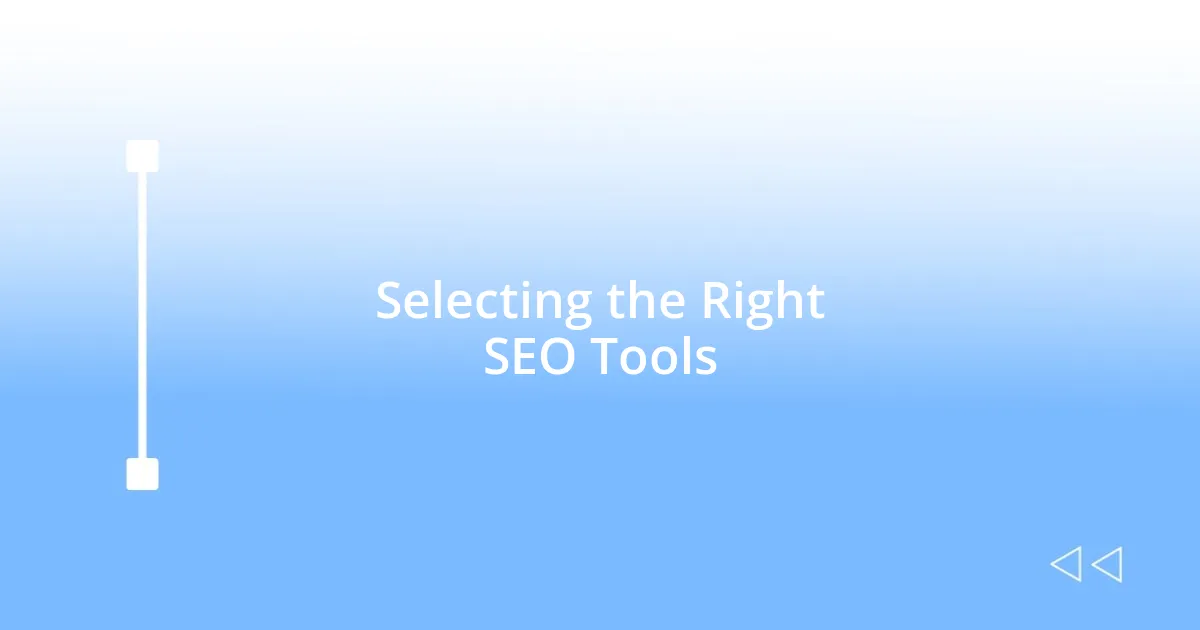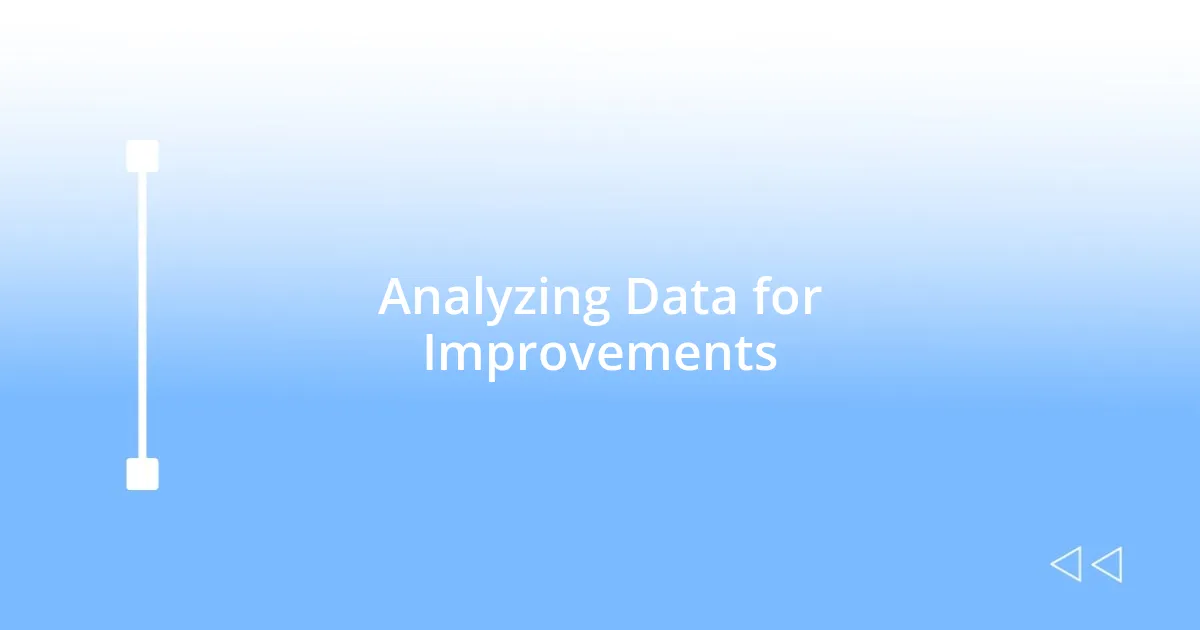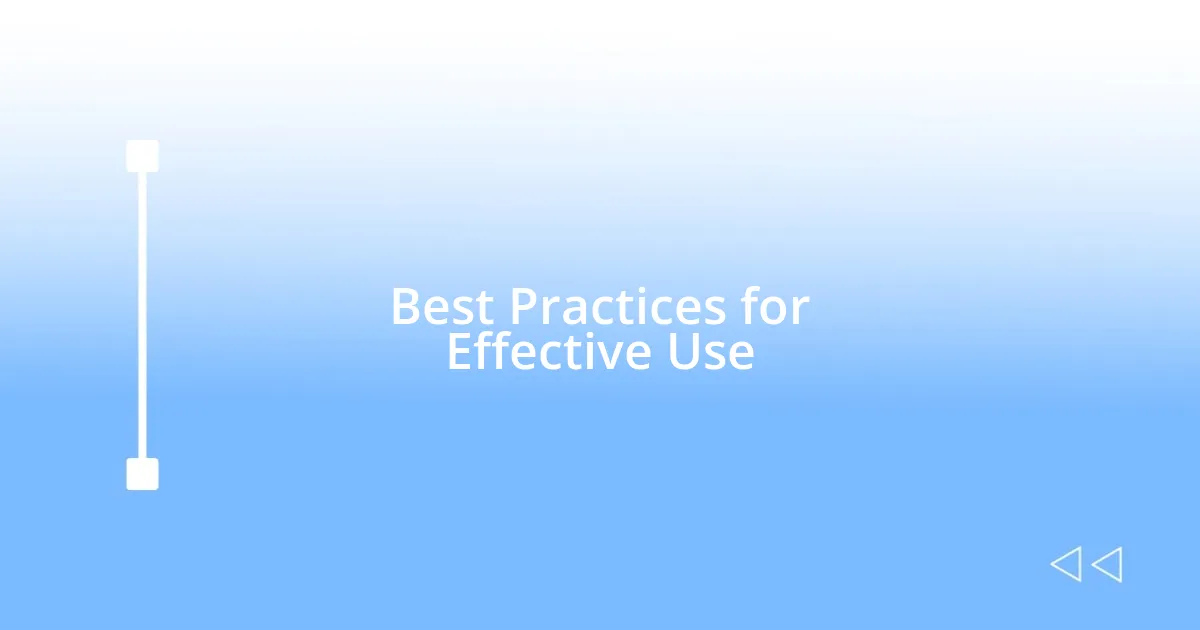Key takeaways:
- SEO tools enhance audience understanding and allow for tailored content strategies based on keyword insights.
- Key features of SEO tools include keyword research, site audits, backlink analysis, competitor analysis, and rank tracking.
- Choosing the right SEO tools should focus on specific needs and usability rather than just popularity.
- Consistent data analysis and collaboration within teams lead to improved website performance and insights-driven decisions.

Understanding SEO Tools Benefits
One of the most significant benefits I’ve experienced from using SEO tools is the ability to understand my audience better. There’s something enlightening about analyzing keyword data and seeing exactly what people are searching for. It’s like having a direct line into their needs and interests, which helps me tailor my content accordingly—don’t you agree that knowing what your audience craves can transform your approach?
Using these tools has also allowed me to track my progress and see tangible results over time. When I first started, I was overwhelmed by the sheer volume of data. But gradually, I learned to interpret metrics, and it felt exhilarating to witness my traffic steadily increase. Have you ever had the thrill of realizing that your hard work is paying off in real-time? Those moments of validation are so rewarding.
I’ve also found that SEO tools foster a greater sense of accountability in my projects. They provide insights that keep me focused and remind me to stay updated with the latest trends and algorithm changes. Isn’t it fascinating how these tools can transform not just your workflow but also your mindset? It’s like having a personal coach guiding you every step of the way, pushing you to refine your strategies for continuous improvement.

Key Features of SEO Tools
When delving into the key features of SEO tools, I’ve discovered a few essentials that truly make a difference. One feature I particularly value is the keyword research capability; it’s like having a treasure map leading straight to my audience’s desires. I remember the first time I uncovered a high-volume keyword related to my niche—it was exhilarating! The sense of clarity it brought was empowering, guiding my content strategy in a way I hadn’t anticipated.
Here are some key features of SEO tools that I believe are crucial:
- Keyword Research: Identifying popular search terms helps target the right audience.
- Site Audit Tools: These tools analyze your website’s health and highlight areas for improvement, ensuring everything runs smoothly.
- Backlink Analysis: Understanding your site’s backlinks can reveal how well your content is being recognized and promoted.
- Competitor Analysis: Analyzing competitors provides insights into their strategies, enabling you to refine your own approach.
- Rank Tracking: Monitoring your keyword rankings helps gauge progress over time, making adjustments easier.
Among these, backlinks really stood out to me. A specific instance comes to mind when I connected with a fellow blogger who had linked to my work. Seeing that referral traffic spike was incredibly rewarding; it reinforced the importance of building relationships in my niche. Turning this knowledge into actionable strategies is where the real magic happens.

Selecting the Right SEO Tools
Selecting the right SEO tools can initially feel like a daunting task, but I’ve found that focusing on my specific needs brings clarity. For instance, when I began my journey, I wasted time on tools that didn’t align with the goals of my projects. It was only after I started assessing tools based on my actual requirements—like whether I needed a robust keyword planner or detailed site audit capabilities—that I began to see real value. It’s critical to ask yourself: What do I genuinely need from these tools?
I remember spending hours comparing different tools, and I ended up narrowing it down to a few that really fit my workflow. Features like user-friendly interfaces and customer support can make a world of difference. After all, there is no point in investing in a complicated tool that you can’t leverage effectively. I learned that real insight comes from striking a balance between power and usability, which allows me to focus on what truly matters: improving my website’s performance.
As I continued refining my tool selection, I discovered the value of community feedback. Engaging with other professionals helped me understand which tools truly deliver results and which ones are just flashy marketing. There’s a sense of confidence that comes from knowing others have paved the way for your decisions. To sum it up, selecting the right SEO tool isn’t just about picking the most popular one; it’s about finding the best fit for your specific needs.
| SEO Tool | Key Feature |
|---|---|
| Tool A | User-Friendly Interface |
| Tool B | Robust Keyword Research |
| Tool C | Excellent Backlink Analysis |
| Tool D | Comprehensive Site Audits |

Integrating SEO Tools in Development
Integrating SEO tools into my development workflow has transformed how I approach web projects. I’ll never forget the moment I embedded an SEO plugin into my content management system; it streamlined my workflow so seamlessly, it felt like adding an extra pair of hands. With real-time suggestions, I could optimize my content on the fly—wasn’t that a game changer?
As I integrated these tools, I realized the importance of having them communicate with each other. For example, linking my keyword research tool with my website analytics helped me see the immediate impact of my SEO efforts. It’s like having a personal coach cheering me on while I strategize; seeing those metrics shift in real-time can be quite exhilarating. Why rely solely on general data when I can tap into specific insights tailored to my site?
Another aspect I found invaluable was collaboration. When working with a team, having everyone on the same SEO tool allowed us to share knowledge and track progress collectively. It created a sense of camaraderie as we celebrated wins together, like higher rankings or improved traffic. By integrating these tools into development, not only did we enhance our workflow, but we also forged stronger connections. Isn’t it rewarding to watch your team grow alongside your website?

Analyzing Data for Improvements
Analyzing data has become the backbone of my web development journey. I vividly recall a moment when I dived deep into user analytics after a website launch and was astonished to see high traffic but low engagement. This insight was a wake-up call for me, prompting immediate changes to better match user expectations. It made me realize that data isn’t just numbers; it’s a story waiting to be told, revealing areas where we can improve and connect more authentically with our audience.
When I pulled reports on keyword performance, I found that some terms I thought would drive traffic weren’t even moving the needle. There was a point when I felt frustrated, staring at charts that didn’t reflect my efforts. But instead of sulking, I dug deeper and adjusted my content strategy. This analysis taught me that it’s essential not only to gather data but also to investigate it relentlessly. On reflection, I learned it’s like unearthing hidden treasures; sometimes, you have to sift through the dirt to find the gold.
One of the best practices I’ve adopted is setting specific goals based on data insights. For instance, after identifying a pattern in bounce rates, I implemented targeted changes to my landing pages. As I watched the metrics shift positively, I felt a surge of motivation—like a personal victory! It’s exhilarating to see that data-driven decisions lead to tangible improvements. Have you ever experienced that rush of success from a small adjustment, realizing that each piece of data brings you closer to your goals?

Best Practices for Effective Use
One of the best practices I’ve found in using SEO tools is consistency. Regularly revisiting and refining keywords can make a huge difference. I remember a time when I committed to weekly keyword checks, and over a few months, I noticed a steady increase in my organic traffic. It’s as if my website was evolving right alongside my efforts. Have you ever experienced a ‘lightbulb moment’ when you realize the power of persistence?
Collaboration tools—like those that allow team input on SEO strategies—have dramatically improved outcomes in my projects. Early on, I tried working in isolation on my SEO campaigns, and honestly, it was a struggle. When I finally opened the floodgates to my team, brainstorming and sharing insights became second nature. The energy was palpable! It felt like surfing on a wave of creativity, where each person brought their strengths to the table. Have you ever thought about what might happen if everyone in your team shared ideas openly?
Lastly, I’ve learned that balancing technical SEO aspects with engaging content is crucial. While optimizing for search engines, I must never lose sight of my audience. I vividly recall revamping a section of my website to improve its loading speed. After implementing the changes, not only did I see the metrics rise, but I also received heartfelt gratitude from users who appreciated the smoother experience. Isn’t it rewarding when the technical side of things meets the human element?












